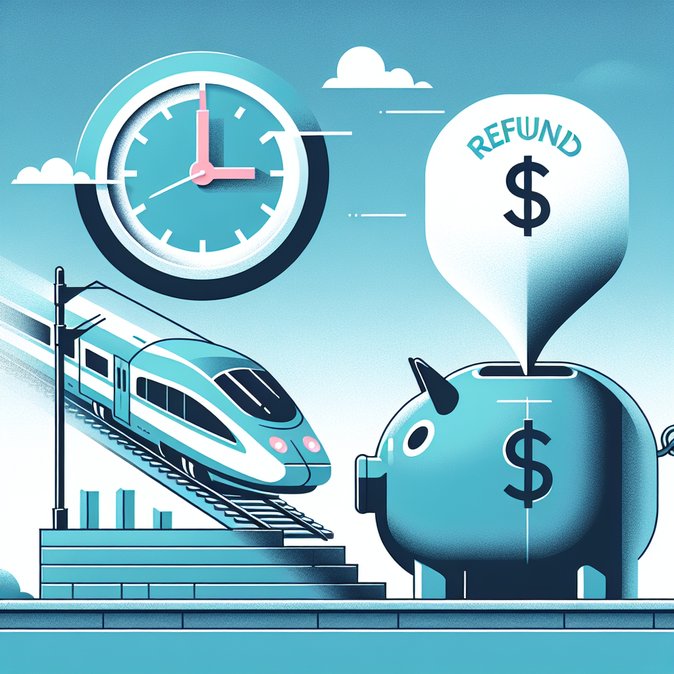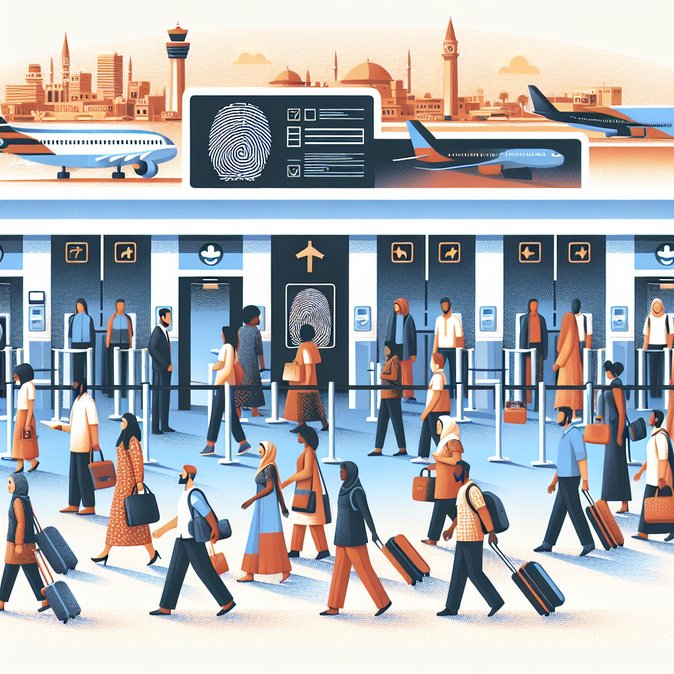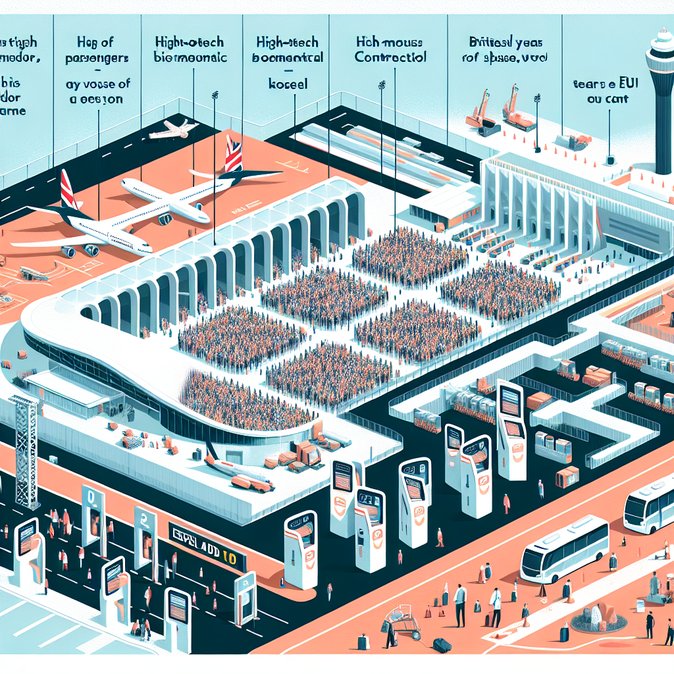
Frequent rail commuters scored a win this week as Spain’s Congress amended the Sustainable Mobility Law to force state rail company Renfe to compensate passengers when high-speed AVE trains arrive just 15 minutes late. From 1 January 2026, a 15-to-30-minute delay triggers a 50 percent refund; 30 minutes or more means a full fare back—dramatically tougher than the current 60/90-minute thresholds.
The change, championed by the opposition Partido Popular and backed by an unlikely left-right coalition, overturns rules set only last year. Transport Minister Óscar Puente blasted the move as “populist” and warned of legal challenges, while Renfe argues it puts the public operator at a competitive disadvantage because rivals Ouigo and Iryo are exempt.
![Spanish Parliament Orders Renfe to Refund AVE Tickets After 15-Minute Delays]()
For business travellers the amendment could shift modal choices. Consulting firms that benchmark door-to-door cost may find Madrid-Barcelona trains even more attractive versus flights, knowing delays carry compensation. Mobility budgets, however, must prepare for administrative overhead: companies will need processes to claim and track refunds on behalf of travelling staff.
Renfe paid €42 million in delay compensation last year; internal estimates suggest the new rule could triple that figure unless timetable padding or punctuality improves. Analysts say the measure may hasten Renfe’s push to adopt predictive maintenance and dynamic scheduling powered by AI, an upside for reliability in the long run.
Immediate next steps include a three-month period for the rail operator to adapt booking systems and passenger-notification apps to the tighter policy.
The change, championed by the opposition Partido Popular and backed by an unlikely left-right coalition, overturns rules set only last year. Transport Minister Óscar Puente blasted the move as “populist” and warned of legal challenges, while Renfe argues it puts the public operator at a competitive disadvantage because rivals Ouigo and Iryo are exempt.

For business travellers the amendment could shift modal choices. Consulting firms that benchmark door-to-door cost may find Madrid-Barcelona trains even more attractive versus flights, knowing delays carry compensation. Mobility budgets, however, must prepare for administrative overhead: companies will need processes to claim and track refunds on behalf of travelling staff.
Renfe paid €42 million in delay compensation last year; internal estimates suggest the new rule could triple that figure unless timetable padding or punctuality improves. Analysts say the measure may hasten Renfe’s push to adopt predictive maintenance and dynamic scheduling powered by AI, an upside for reliability in the long run.
Immediate next steps include a three-month period for the rail operator to adapt booking systems and passenger-notification apps to the tighter policy.


